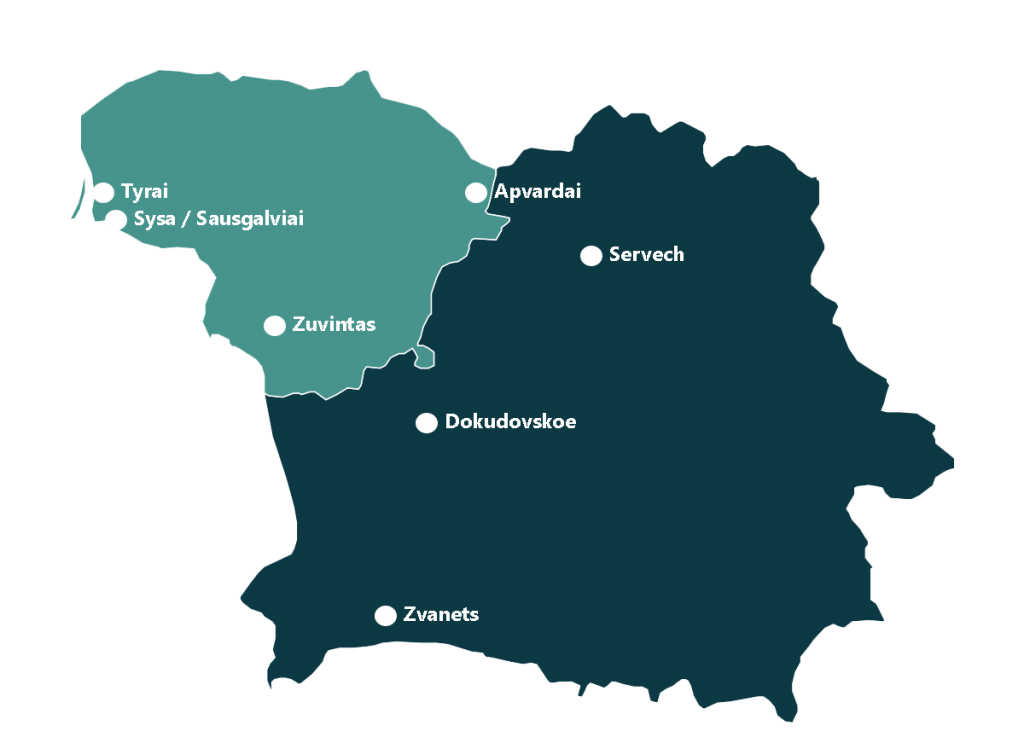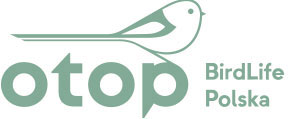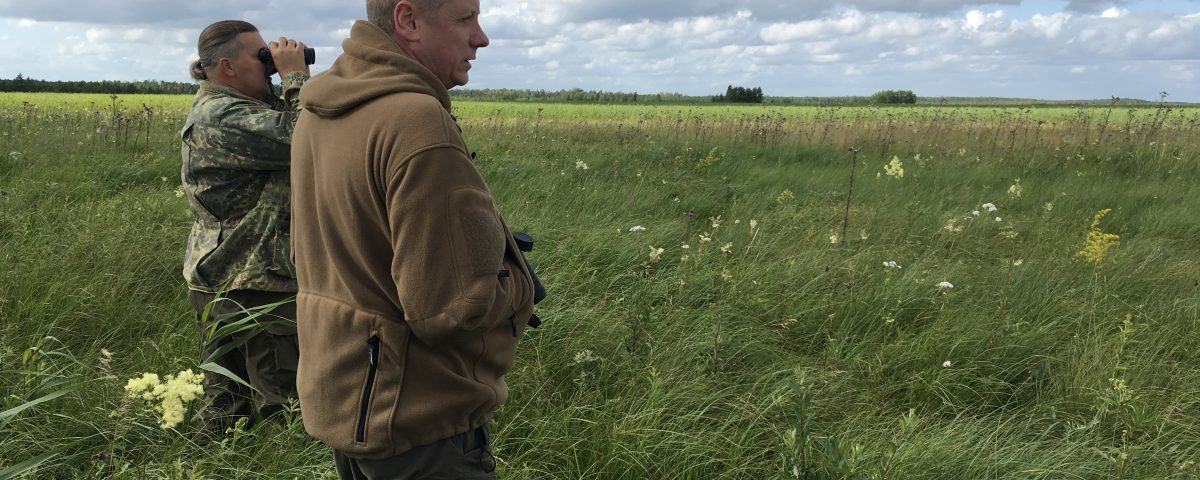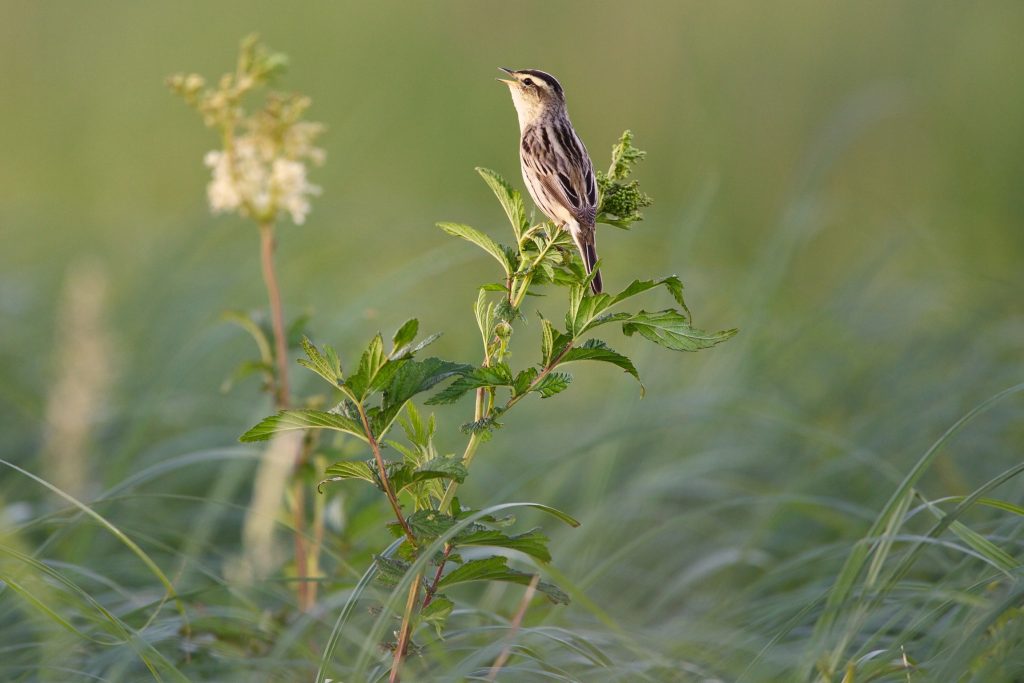Lithuanians and Belorussians join forces to save Aquatic warbler from extinction

Konferencja otwierająca projekt „Zrównoważona turystyka i ekstensywne rolnictwo dla rezerwatu przyrody Beka”
11 października 2016
Nowa książka o ptakach polskich Karpat
26 października 2016Activities, which has been implemented during recently ended (in 2015) Aquatic warbler conservation project in Lithuania and Latvia (“Securing sustainable farming to ensure conservation of globally threatened bird species in agrarian landscape”) will be continued in the new ambitious project “Stepping stones towards ensuring long-term favorable conservation status of Aquatic warbler in Lithuania”.
Project’s acronym “LIFE MagniDucatusAcrola” takes us to the times of Grand Duchy of Lithuania (lot. Magnus Ducatus Lithuaniae), when Lithuanian and Belarusian ancestries were the closest comrades and worked hand in hand to achieve common goals. Today together with our neighbors in Belarus we aim to ensure long-term conservation status of Aquatic warbler (lot. Acrocephalus paludicola). During 7 years of the project we will apply conservation actions that have been tested previously and showed great results, as well as try out some new technologies and methods that haven’t been applied nowhere else in the world before.
According to experts, the status of individual Aquatic warbler habitats in Lithuania is satisfactory. However, in order to save the global population of the rarest European singing bird we need to focus on reduction of fragmentation and isolation of individual Aquatic warbler breeding habitats with the final scope to create international network of good quality habitats.
Project activities
- Restoration of degraded Aquatic warbler habitats in Lithuania and Belarus by removing bushes, reed and redundant biomass. Not only biomass mowing or cutting out bushes will be performed but also controlled burning tested. In order to accelerate vegetation growth in the abandoned peatland in Belarus, new innovative technique – a sedge seeding – will be introduced.
- Translocation of Aquatic warblers from the viable and rich Belarusian meta-population to Lithuanian territories, where population size is critical or even close to extinct and the population itself in not capable to recover.
- Modern water level management installation in the Aquatic warbler habitats in order to keep up the optimal water level.
- Setting up biomass processing facility, where late-cut low-quality biomass from Aquatic warbler sites will be used to make alternative products e.g. grass pallets. In such a way it is expected to create self-sustaining farming mechanism when grass that is not suitable for fodder is taken away from fields and is used to create financial benefit that could compensate losses caused by late mowing.
- Monitoring and research. This activity will be carried out methodologically during all project in order to fill the missing gaps of researches on Aquatic warbler and to evaluate the project impact for the environment.
- Active communication with local stakeholders, share of experience and knowledge gained during project implementation.
More about the project: www.meldine.lt/en
Territories

Partners
Baltic Environmental Forum Lithuania (Project coordinator)
Kretinga State Forest Enterprise



